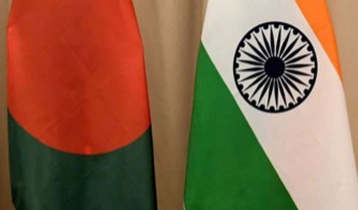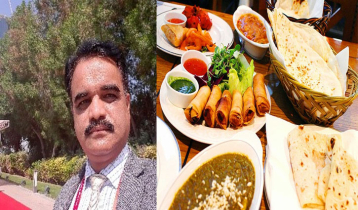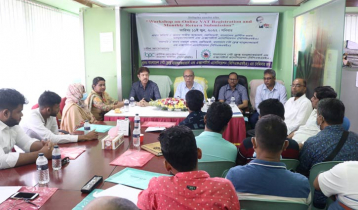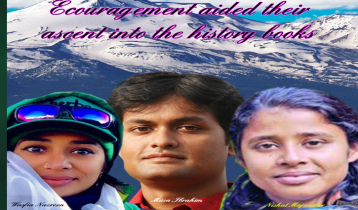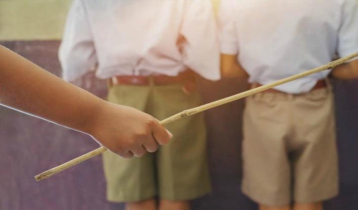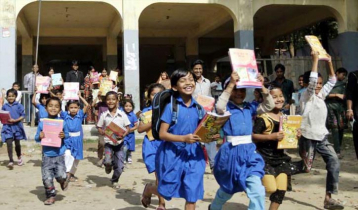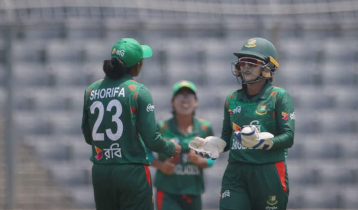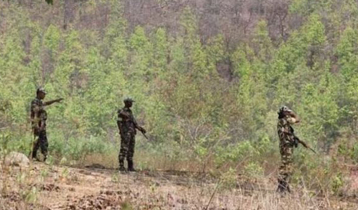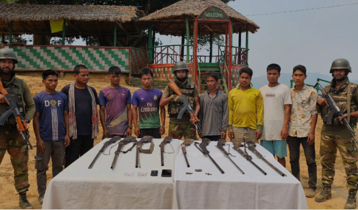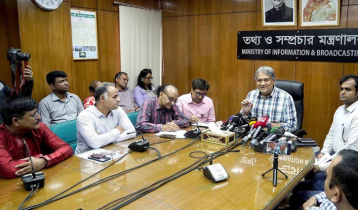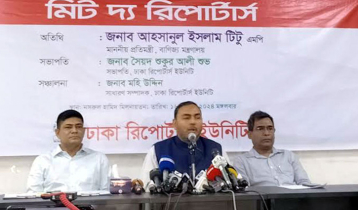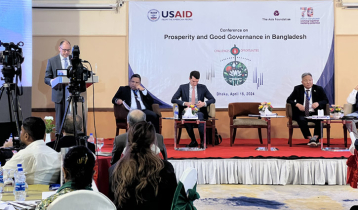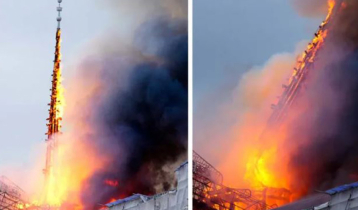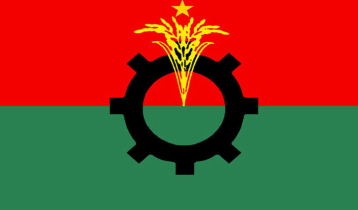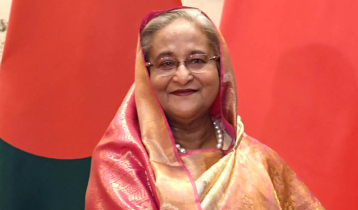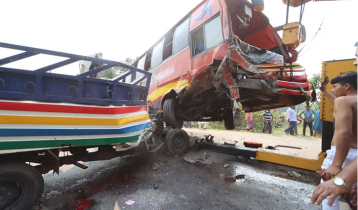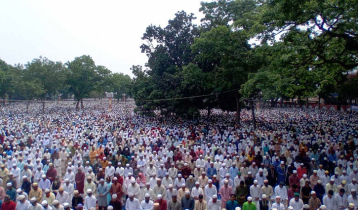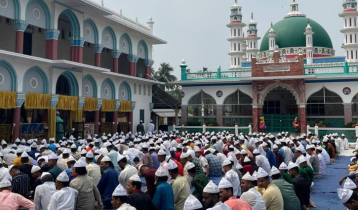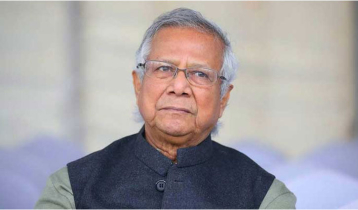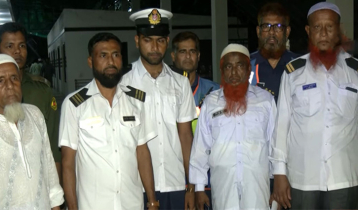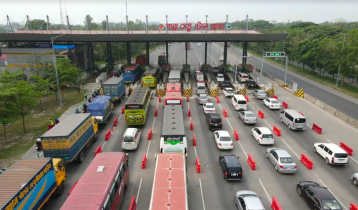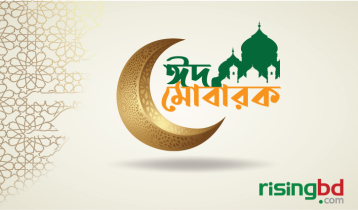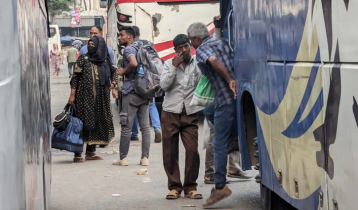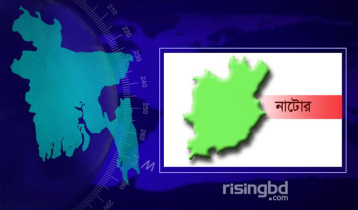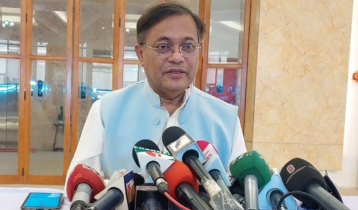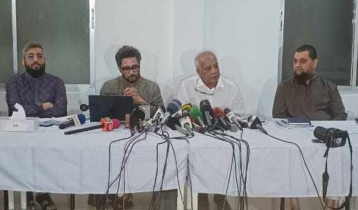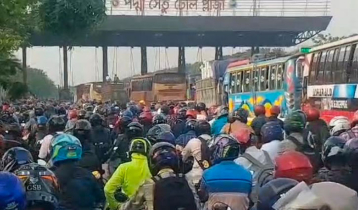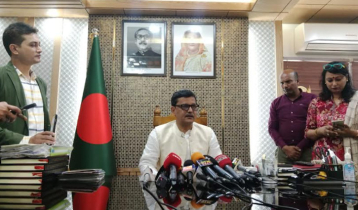Let cultural heritage be upheld
5 || risingbd.com
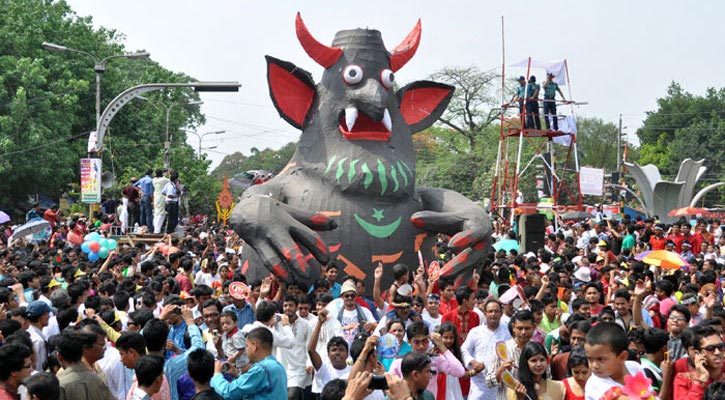
It is a matter of great joy for us that the United Nations Educational, Scientific and Cultural Organisation (UNESCO) recognised Mangal Shobhajatra, the Bangla New Year procession, as Intangible Cultural Heritage of Humanity. The Bangladeshi people are popularly known as festival loving nation from ancient times. Mongol Shobhajatra is an integral part of Pohela Boishakh, the first day of Bangla New Year, celebration in Bangladesh.
Pohela Boishakh celebration basically begins during the time of Mughal emperor Jalaluddin Muhammad Akbar. It was Akbar who started it as his astrologer Aamir Fatehullah Siraji, developed this calendar based on his knowledge of the lunar Hijri and solar calendars. This calendar was developed for the convenience of tax collection, and was primarily known as “Fasli San”.
Later on this evolved to Bangla New Year or Bongabdo. The royal order was to clear all dues on the last day of Choitro, the twelfth month of the Bengali calendar. And since the next day was the first day of the Bengali New Year it was the day of a new beginning and a new opening of accounts for businesses. Landlords distributing sweets among their tenants, and vendors marking “Halkhata”, a new financial records book have been practices that have traveled to recent times and have assumed a newer look that in no way defies the spirit of the tradition.
Haal Khata is a festival celebrated by Bengali shopkeepers and traders on Pahela Baishakh by opening a new ledger. Mughal emperor Akbar established a new calendar based on the old Bengali calendar in 1584 to ease taxation.
On this day, shopkeepers and traders distributed sweetmeats among clients. This arrangement gradually became a social festival and over the years spread countrywide and became an integral part of Bangali culture.
Pohela Boishakh celebration first got a touch of modernity in 1917. At that year, Puja and Kirtan were arranged to celebrate Pohela Boishakh. Pohela Boishakh got a new momentum as festival in Bengali life since after 1967. Chhayanaut, country`s most prestigious cultural organisation, arranged a concert in Ramna Botomul at dawn of Pohela Boishakh which becomes the main attraction of Bangla New Year celebration.
According to the background history, Mangal Shobhajatra on Pahela Baishakh is a vibrant and colourful procession organised by the students and teachers of the Faculty of Fine Arts of the University of Dhaka, in which thousands of people from all walks of life join freely and spontaneously as part of their celebration of the Bangla New Year.
In the 1980s, when several incidents including devastating floods and imposition of military rule put the people of the country in great distress, the students decided to fight creatively against the undemocratic rule and bring to the common people hope for a better future.
In 1989, the students organised a colourful procession entitled "Mangal Shobhajatra"-literally meaning wellbeing procession - on Pahela Baishakh, the first day of the Bangla New Year. Since then, the students and teachers of the Faculty of Fine Arts of the University of Dhaka have remained in the forefront for organising Mangal Shobhajatra every year.
Recognising Mangal Shobhajatra as cultural heritage, UNESCO said, "Mangal Shobhajatra symbolises the pride of the people of Bangladesh in their living heritage as well as their strength and courage to fight sinister forces, and their vindication of truth and justice.”
Our culture has reached a new height after Mangal Shobhajatra was recognised by UNESCO as cultural heritage. We want that Bengali culture spread worldwide and our tradition uphold.
risingbd/Dhaka/Dec 2, 2016/Shahnewaj/Amirul
risingbd.com

